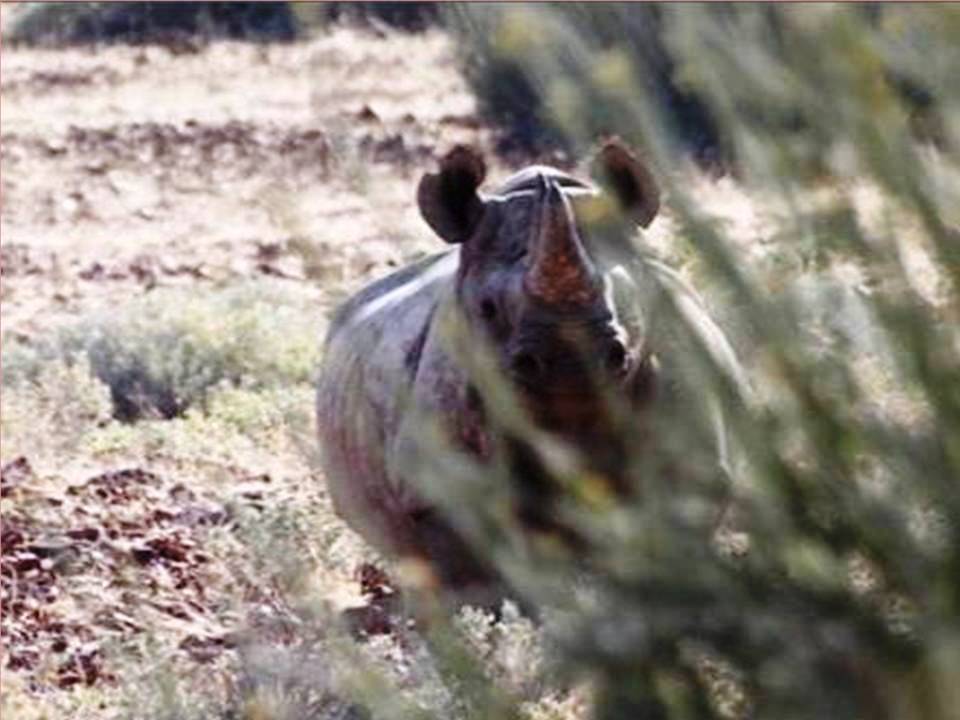 With regards to trophy hunting we try to be realistic, whether we like it or not. As things are in our times, money makes the world go round. But there is not much money to be made from protecting nature. This often means for conservation that “if it pays it stays”, i. e. if something in nature can create economic returns there is a chance for its survival. Hunters often pay a lot of money, thus incorporating the animals they hunt into the economic cycle. If this is ethical and where that money goes to, is a different story.
With regards to trophy hunting we try to be realistic, whether we like it or not. As things are in our times, money makes the world go round. But there is not much money to be made from protecting nature. This often means for conservation that “if it pays it stays”, i. e. if something in nature can create economic returns there is a chance for its survival. Hunters often pay a lot of money, thus incorporating the animals they hunt into the economic cycle. If this is ethical and where that money goes to, is a different story.
What about non-hunting, photographic tourism? Well, tourism is the biggest industry in the world! And tourism uses natural assets like rhinos (or lions, or landscapes, water, etc). But these natural assets often face a problem which is called “the tragedy of the commons”. These assets are freely available, like the air we breathe. Nobody pays for or earns from their usage. Thus nobody really protects them – and those who do need money to do so. And organisations like Save the Rhino Trust Namibia are actually struggling to get enough funding. Nature is mostly used for free, but protecting it costs money – an absurdity, but not a new phenomenon:
“What is common to the greatest number has the least care bestowed upon it. Everyone thinks chiefly of his own, hardly at all of the common interest” (Aristotle, Politics Book II Ch 3, written 350 BC)
Especially on communal (freely accessible) land, assets like rhinos are used for tourism and face the “tragedy of the commons”. So the question is: Should the tourism industry give back to conservation or to the local people for using the assets they guard? Responsible tourism clearly answers this question with yes. Therefore our suggestion is: Next time you go on safari, anywhere in the world, please ask your operator or accommodation what they are doing to give back. If you self-drive, ask yourself what you can do yourself. And with this, we do not only mean charity or donations. Using, promoting and fairly remunerating local products and services is also important. Watch this space for inspiration on how to do that. Our sponsors have joined TOSCO because they acknowledge their responsibility for Namibia’s natural assets http://tosco.org/support-sponsor/. TOSCO supports conservation organisations, like Save the Rhino Trust, research and local people who share their land with wildlife.
We would love to hear what you think! So please comment below or on our Facebook page TOSCO : participate in responsible travel.
More information:
- http://blog.africageographic.com/africa-geographic-blog/hunting/kenyan-rangers-moving-letter-to-american-rhino-hunter/
- http://www.dailymaverick.co.za/opinionista/2014-01-13-350000-reasons-to-kill-a-black-rhino/#.UtWWYLSB0Xr
- http://www.dw.de/rhino-hunt-controversy/a-17360069
- http://blog.africageographic.com/africa-geographic-blog/hunting/black-rhino-hunt-auction-wont-help-conservation/
- http://www.savetherhino.org/rhino_info/thorny_issues/trophy_hunting/the_debate_about_rhino_hunting
- http://www.ifaw.org/canada/news/dallas-safari-club-black-rhino-trophy-hunt-spin-couldnt-be-further-truth
Picture by: Save the Rhino Trust
